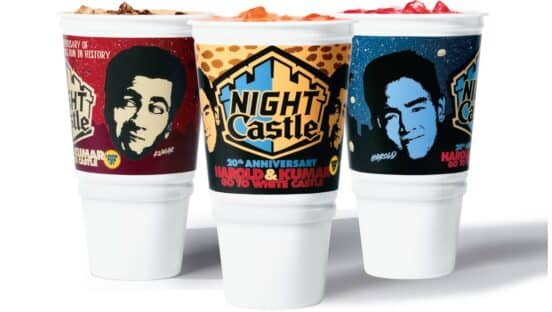The Humane Society of the United States (USHS) applauds Denver-based Einstein Noah Restaurant Group—a leader in the quick-casual segment of the restaurant industry operating primarily under the Einstein Bros. Bagels, Noah's New York Bagels, and Manhattan Bagel brands—for its plans to eliminate controversial gestation crates from its pork supply chain by the end of 2017.
Einstein Noah has approximately 800 restaurants in 39 states.
“We were pleased to find that the majority of our suppliers are already working toward eliminating gestation crates from their systems,” says Einstein Noah’s senior vice president of supply chain. “We are committed to working with our supplier partners to eliminate them from our supply chain by the end of 2017.”
Josh Balk, corporate policy director of farm-animal protection for the HSUS, says, “The Humane Society of the United States applauds Einstein Noah Restaurant Group for working with its suppliers to tackle such a serious animal welfare issue. The writing is on the wall: Gestation crates don’t have a future in the pork industry.”
Similar announcements made recently by Oscar Mayer, McDonald’s, Burger King, Wendy’s, Costco, Safeway, Kroger, and other leading food companies signal a reversal in a three-decade-old trend in the pork industry that leaves most breeding pigs confined day and night in gestation crates during their four-month pregnancy.
These cages are roughly the same size as the animals’ bodies and designed to prevent them from turning around. The animals are subsequently transferred into another crate to give birth, re-impregnated, and put back into a gestation crate.
This confinement system has come under fire from veterinarians, farmers, animal welfare advocates, animal scientists, consumers, and others.









